![图片[1]-《My family always go somewhere interesting as soon as the holiday begins》Public holidays PPT课件(第1课时)-第一PPT](/images/2025/0403/2_220718151628_1.jpg)
![图片[2]-《My family always go somewhere interesting as soon as the holiday begins》Public holidays PPT课件(第1课时)-第一PPT](/images/2025/0403/2_220718151628_2.jpg)
外研版九年级英语上册《My family always go somewhere interesting as soon as the holiday begins》Public holidays PPT课件(第1课时),共10页
The First of October is China’s National Day,isn’t it,Lingling?十月的第一天是中国的国庆节,不是吗,玲玲?
该句是一个反意疑问句。反意疑问句的特点是“前否后肯”或“前肯后否”,而且后半句的动词在时态、人称和数上必须与前半句的动词相呼应。
eg:Your mother goes to work every day,doesn’t she?***妈每天都去上班,不是吗?
【拓展】①当前面的陈述句中有否定词few,little,no,nobody,hardly,seldom等时,其后的疑问部分应用肯定形式。
②以let’s开头的反意疑问句,疑问部分用shall we;以let us开头的,疑问部分用will you。
③反意疑问句的回答要依据事实,如果事实是肯定的,就用“Yes+肯定结构”;如果事实是否定的,就用“No+否定结构”。注意前否后肯的反意疑问句中yes和no的汉语意思。
eg:—You didn’t go to school,did you?你没有去上学,是吗?
—Yes,I did./No,I didn’t.不,我去了。/是的,我没有去。
【辨析】spend,take,cost与pay
①spend指花费时间或金钱,主语一般为人,常用句型:sb.spends some time/some money on sth.或sb.spends some time/some money (in) doing sth.这两个句型都表示“做某事花费某人多长时间/多少金钱”;
②take指花费时间,常用句型:It takes sb. some time to do sth. 表示“某人花费多长时间做某事”;
③cost指花费金钱,主语为物,常用句型:sth. costs sb. some money表示“某物花费某人多少钱”;
④pay指花费金钱,和介词for构成短语pay for,意为“为……付款”,主语为人。
… … …
关键词:My family always go somewhere interesting as soon as the holiday begins PPT课件免费下载,.PPT格式;
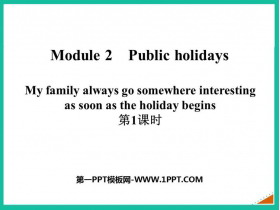
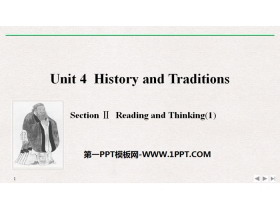
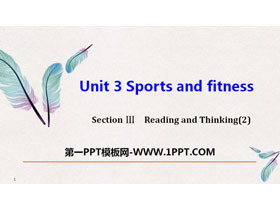
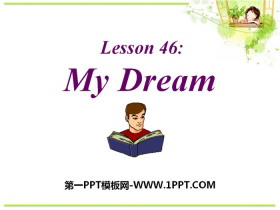

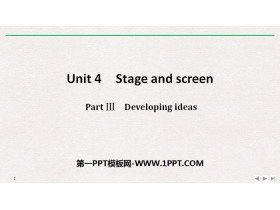
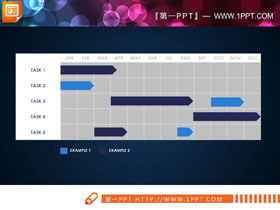



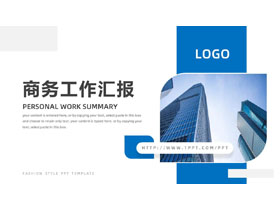




暂无评论内容